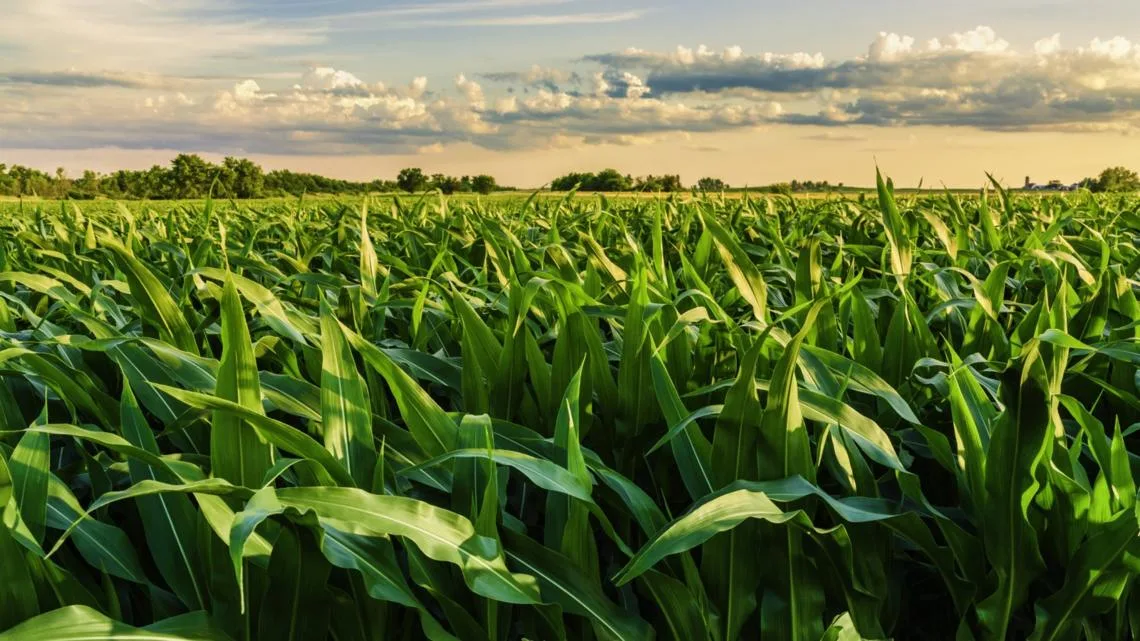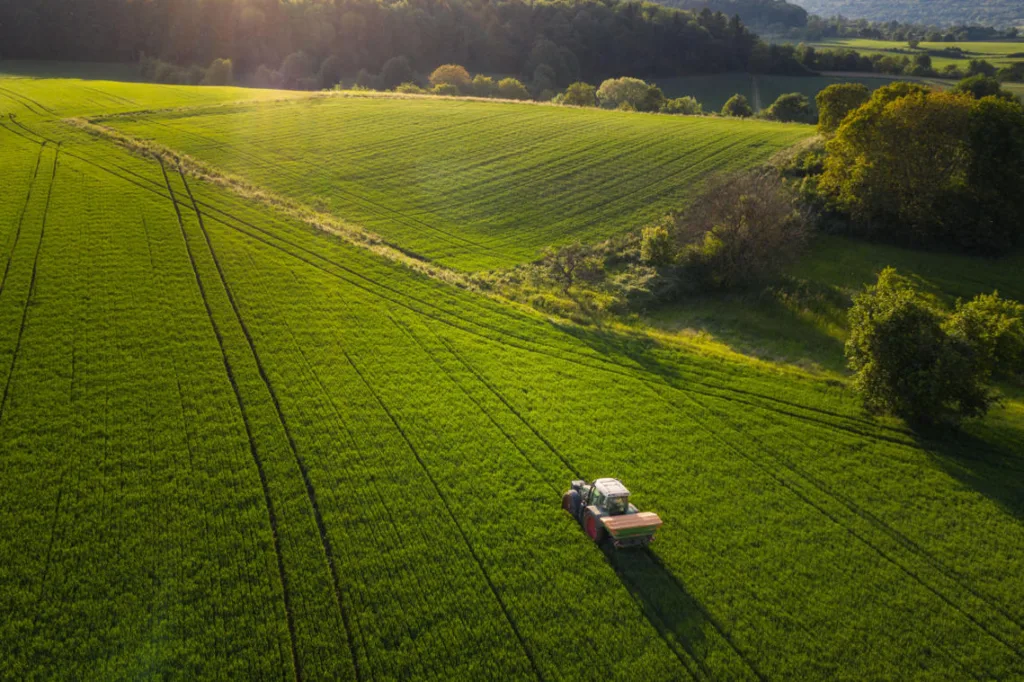Authors
Amy Senter, Director, Food & Finance & Member of the WBCSD Extended Leadership Group, & Eriola Beetz, Managing Director & Partner, Boston Consulting Group
It has been just a few weeks since thousands gathered in Sharm El Sheikh, Egypt for the annual United Nations Climate Change Conference of the Parties (COP27). The discussions at COP27 were a stark reminder of the urgent need for leaders to take accountability, and the role that financial institutions can play in helping the world meet its climate goals. Reducing the carbon footprint in agriculture, which accounts for roughly 20 percent of global greenhouse gas (GHG) emissions, is essential if we are to limit global warming to below 1.5 degrees Celsius by 2050.
The agriculture sector is faced with large data gaps and more complexities around the estimation of emissions than other sectors, which makes the measurement and disclosure of carbon emissions attributed to banks’ portfolios in this sector particularly challenging. Yet, banks have an important role to play in helping their clients move toward climate-smart agriculture practices and ultimately supporting the transition of the entire agriculture sector.
To do this, banks need the appropriate resources and tools to effectively address and mobilize the climate transition in agriculture. Unfortunately, widely adopted methodologies and frameworks do not currently exist for banks financing the agriculture sector. These challenges compromise the ability of lenders and institutions to evaluate their holdings and incentivize climate transition pathways at sectoral, regional and client levels.
That’s why the World Business Council for Sustainable Development (WBCSD) has supported member banks and partners to create the Banking for Impact on Climate in Agriculture Initiative (B4ICA). B4ICA recognized the need for additional guidance for banks in the agriculture sector and, together with the Boston Consulting Group (BCG), has taken the first step to create an introductory guidance for banks to help them as they set net zero targets for their agriculture portfolios. Acknowledging the enormity of work to be done to support banks and their clients on their climate transition journeys, we hope this report will be an important starting point to provide banks with voluntary recommendations and guidance to navigate the target setting process for their agriculture portfolios.
While reducing GHG emissions from agriculture is critical, it is also imperative to recognize the key role the sector plays in the world’s food security. The agriculture sector will need to continue increasing production to meet current and future demand for agricultural products globally, including food, fuel, and feed. The effort to reduce GHG emissions from agriculture must be sensitive to ensuring equitable outcomes for a growing global population. It is, therefore, important that banks, their clients, and other stakeholders in the agriculture sector work to ensure this is achieved.
Through this report, we aim to supplement existing guidance by providing banks with a starting point for setting targets to address the emissions impact attributable to their agriculture sector portfolios, in line with net-zero and the Paris Agreement goals. As banks set targets and explore transition pathways, they will gain critical information about sources of emissions within their portfolios. Banks can work with experts and partner organizations to develop data solutions, methods, tools, and guidance to assess, manage, and act on alignment of agriculture portfolios towards climate scenarios in a manner that’s also just and equitable.
Given the emissions measurement and disclosure challenges in the agriculture sector and the need to align with industry standards and commitments, B4ICA provides a unique space for banks to engage with critical stakeholders. The initiative draws upon the experience and institutional knowledge of B4ICA members and partners, including global banks and agriculture and climate experts.
COP27 put food and agriculture firmly at the forefront as a key pillar to achieving a 1.5-degree world. Banks and investors must not only consider the energy transition, but also the urgent food and agriculture transition.
Collaboration and partnerships will be necessary – from finance, food and agricultural companies, governments, civil society, and farmers. Banks can play an important role in mobilizing stakeholders across the sector, shaping the value proposition for farmers, and helping finance the net-zero transition in agriculture. Only collaboration at unprecedented levels will create the impact and speed needed to achieve climate goals and ensure all people live well within planetary boundaries by 2050.
Our two organizations are pleased to work alongside the B4CIA members to create this practical guide for banks to better understand the emissions attributable to their agriculture portfolios, and the opportunities they present for climate transitions.
For more information about the Banking for Impact on Climate in Agriculture (B4ICA), please contact Gretel Gambarelli, Senior Manager, Food & Forest Finance, or Pietro Grilli, Senior Associate, Food & Forest Finance.


